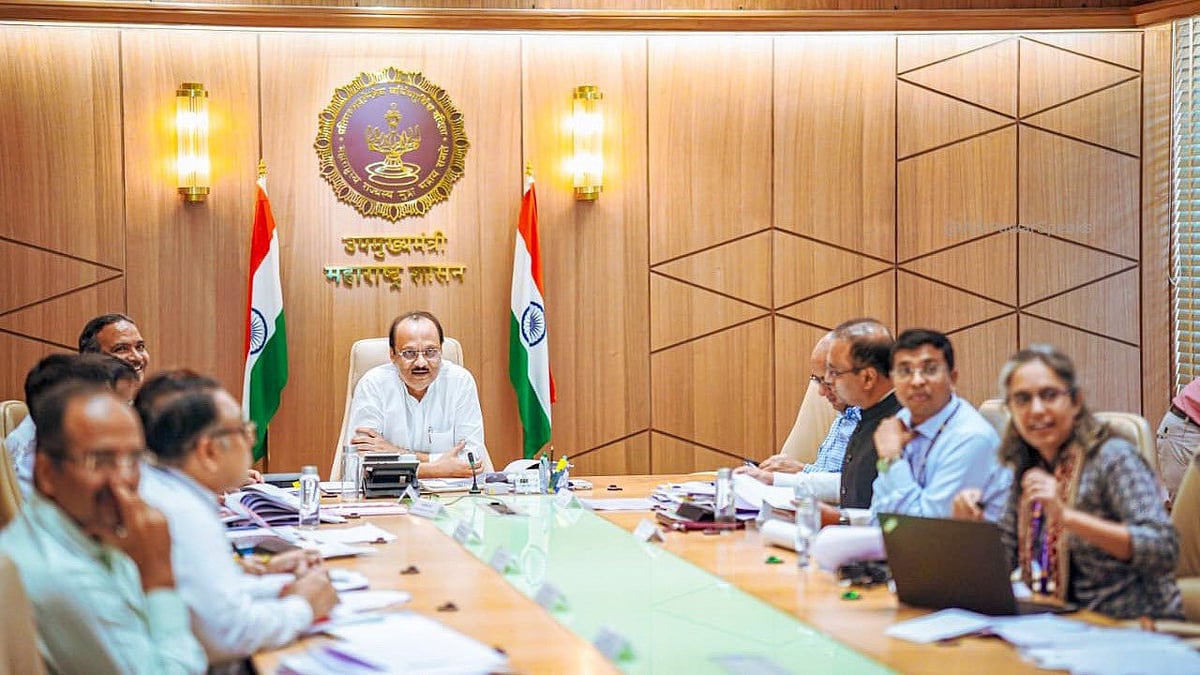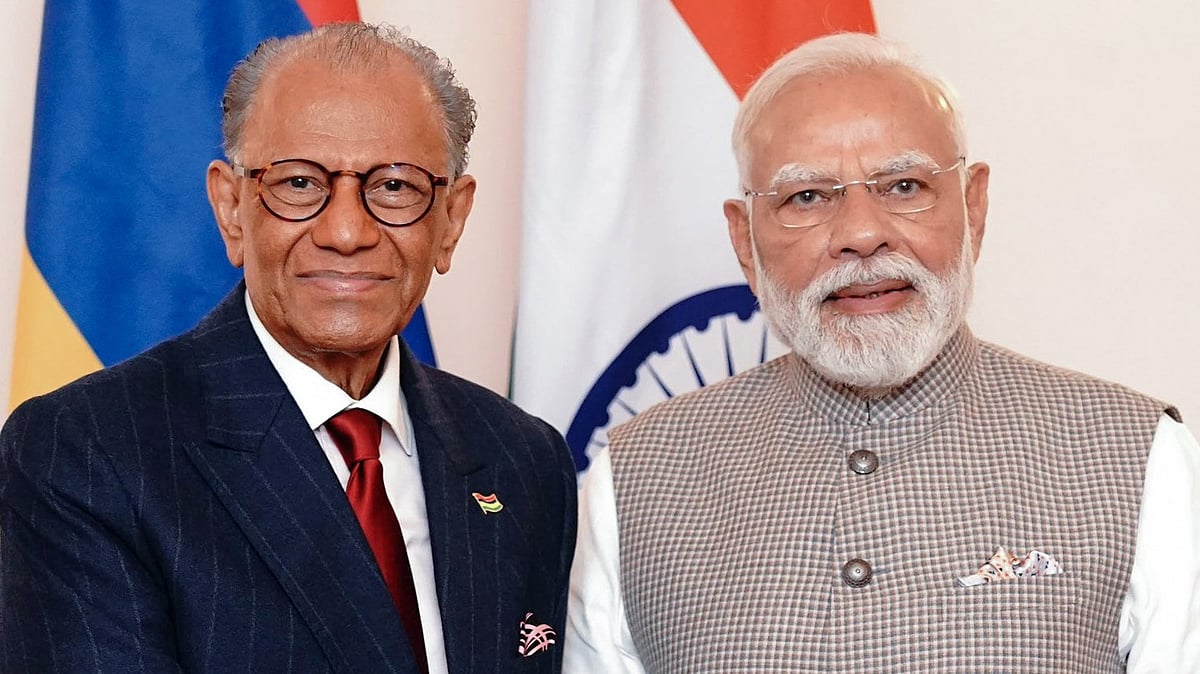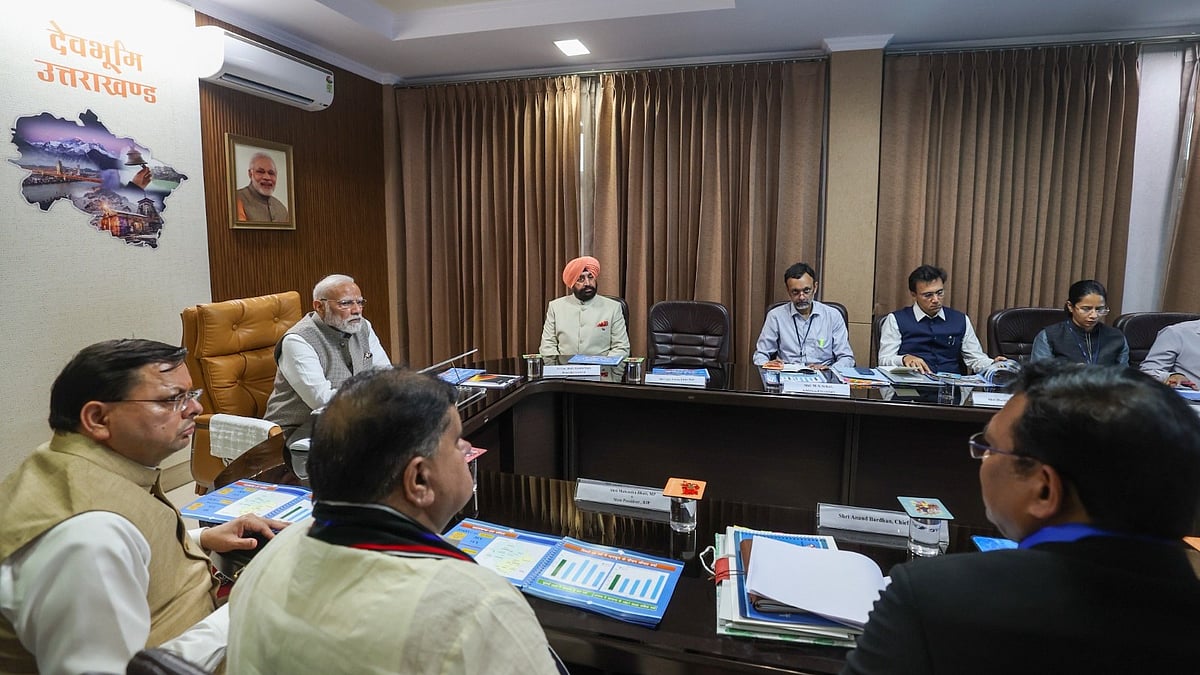New Delhi: The Supreme Court on Wednesday observed that a stay on an acquittal is among the 'rarest of rare' instances, while hearing the Maharashtra Government’s plea challenging the Bombay High Court’s recent acquittal of 12 accused in the 2006 Mumbai train bombings.
'What Is The Hurry?' Says SC
Chief Justice of India BR Gavai made the remark as the matter came up for the second time before his bench. “But what’s the hurry? Eight of them are already out. Stay on acquittal is the rarest of rare,” said the CJI, reacting to the state’s repeated request for an urgent hearing.
A day earlier, Solicitor General Tushar Mehta, appearing for the Maharashtra Anti-Terrorism Squad (ATS), had sought an urgent listing of the case, citing seriousness and national security concerns. The court had then agreed to hear it on Thursday.
On Wednesday, a state counsel once again mentioned the case, pointing out a technical defect in the petition, a quoted portion from the High Court judgment in Hindi. The counsel assured the bench that the issue would be rectified, but requested the hearing to proceed as planned. “We might be able to convince the court that the case is the rarest of rare,” he added.
The Bombay High Court earlier this week overturned the 2009 trial court verdict that had convicted 12 men, sentencing five to death and the rest to life imprisonment, in connection with the July 11, 2006 serial blasts. One of the death row convicts has since passed away.
'Prosecution Utterly Failed To Prove Charges,' Says Bombay HC
The High Court bench of Justices Anil Kilor and Shyam Chandak had slammed the prosecution, stating it had 'utterly failed' to prove the charges. The court cited lapses such as unreliable witness testimonies, procedural irregularities, and allegations of custodial torture.
“The identification process was flawed. Several witnesses remained silent for years and then suddenly identified the accused. One witness was also found testifying in multiple unrelated terror cases,” the court noted. It also questioned the chain of custody of recovered explosives, including RDX.
The 2006 Mumbai train bombings remain one of India’s most devastating terror attacks, with seven blasts killing 189 people and injuring over 800 in a coordinated assault on Mumbai’s suburban Western Railway during evening peak hours. The blasts triggered widespread fear and led to one of the country’s largest anti-terror investigations.











